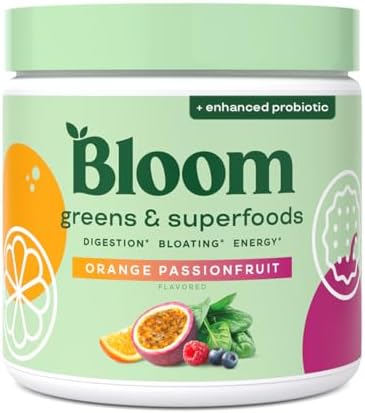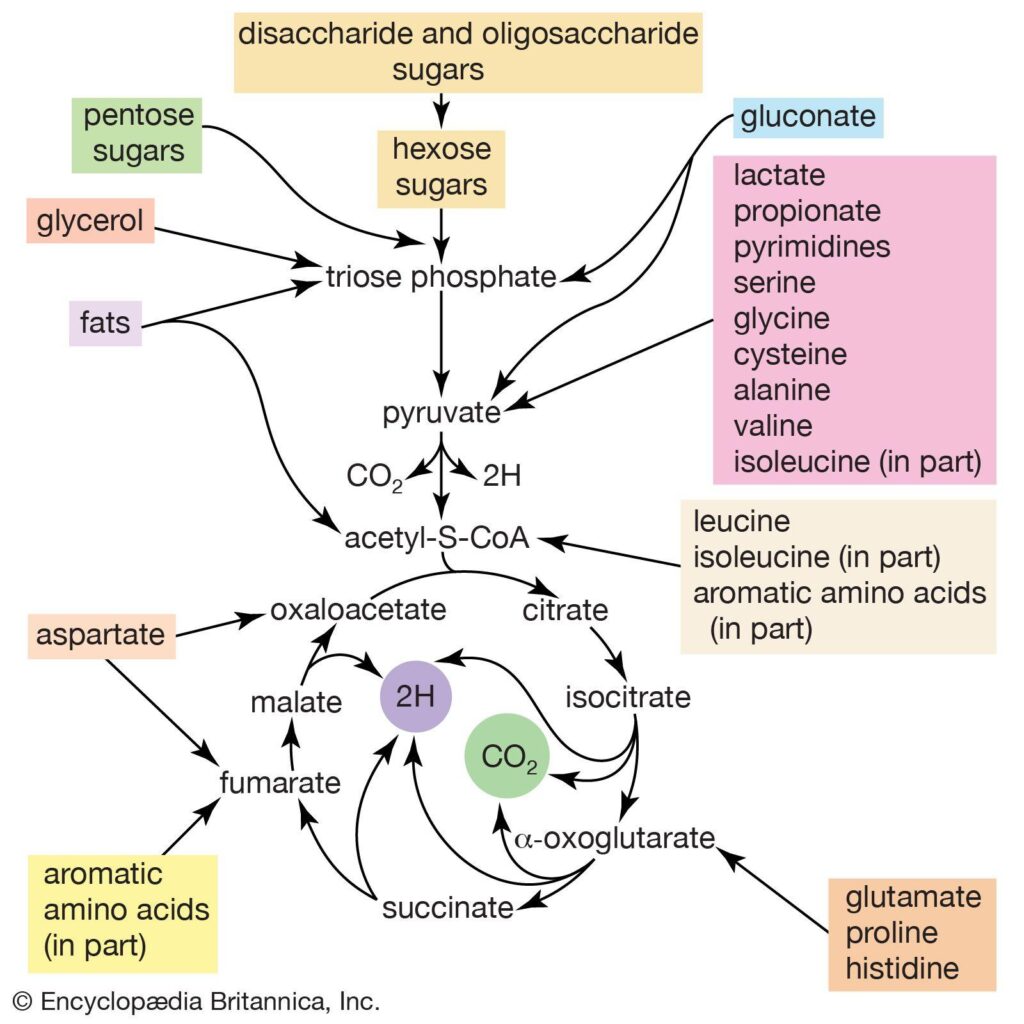As we gracefully navigate the journey of aging, our bodies undergo a myriad of changes that can considerably impact our metabolic health. Our metabolism, responsible for converting food into energy, tends to slow down with age, leading to challenges like weight gain, decreased energy levels, and a higher risk of chronic diseases. In an era where health longevity is prioritized, understanding how to support and optimize our metabolism is crucial.This article delves into the essential strategies, dietary choices, and lifestyle adjustments that can help us maintain a robust metabolic rate as we age. Join us as we explore actionable insights to empower your health and wellbeing in this transformative stage of life.
Table of Contents
- Understanding Metabolism and Aging
- Nutritional Strategies to Boost Metabolic Health
- Exercise Techniques for Enhancing Metabolism
- Lifestyle Modifications for Sustained Metabolic Support
- The Conclusion
Understanding Metabolism and Aging
The relationship between metabolism and aging is a complex interplay that significantly affects our overall health. As we age,our metabolic rate generally decreases,which can lead to unwanted weight gain,decreased energy levels,and a host of other health challenges. Understanding this shift is crucial for maintaining wellness throughout the later years of life. Factors contributing to this metabolic slowdown include:
- Hormonal Changes: Shifts in hormones like testosterone and estrogen can impact muscle mass and fat distribution.
- mitochondrial Function: Aging often leads to reduced efficiency in our cells’ energy factories, the mitochondria, affecting the body’s ability to burn fuel.
- Muscle Mass Decline: Sarcopenia, or the loss of muscle mass, slows metabolism, as muscle burns more calories at rest than fat.
In light of these changes, proactive measures can support metabolic health as we age. Implementing a well-balanced diet rich in nutrients is essential; consider incorporating:
- High-Quality Proteins: aim for lean meats, fish, legumes, and dairy to help preserve muscle mass.
- Healthy Fats: Include sources like olive oil, nuts, and avocados for their anti-inflammatory properties.
- Antioxidant-Rich Foods: Berries, leafy greens, and colorful vegetables can combat oxidative stress, promoting better metabolic health.
Nutritional Strategies to Boost Metabolic Health
To enhance metabolic health as we age, adopting specific nutritional strategies is essential. A balanced diet rich in whole foods can provide the essential nutrients that support metabolic processes. Consider incorporating the following key elements into your daily meals:
- High-quality proteins: Lean meats, fish, legumes, and dairy are fundamental for muscle maintainance and metabolic function.
- Healthy fats: Sources such as avocados, nuts, and olive oil can help reduce inflammation and enhance nutrient absorption.
- Complex carbohydrates: Whole grains, fruits, and vegetables not only provide energy but also crucial fiber to promote digestive health.
- Hydration: Staying well-hydrated optimizes metabolic activities and helps in the efficient breakdown of food.
In addition to focusing on food quality, timing and portion control play meaningful roles in metabolic efficiency. A strategy that has gained traction is intermittent fasting, which enhances cellular repair and can improve insulin sensitivity. Additionally, consider:
- Small, frequent meals: Eating smaller portions more frequently enough can definitely help stabilize blood sugar levels.
- Mindful eating: Paying attention to hunger cues and eating slowly can prevent overeating.
- Supplements: Nutritional supplements like omega-3 fatty acids and vitamin D may support metabolic health, especially in aging populations.
Exercise Techniques for Enhancing Metabolism
To leverage the body’s natural ability to burn calories, it’s essential to incorporate exercise techniques that specifically target metabolic enhancement. High-Intensity Interval Training (HIIT) is one of the most effective approaches; alternating between short bursts of intense activity and moderate exercise can elevate the metabolic rate long after the workout is complete. Additionally, strength training plays a crucial role by building muscle mass, which increases resting energy expenditure, allowing your body to burn more calories, even at rest.
integrating functional movements into your routine can further support metabolic health. Engaging in exercises that mimic real-life activities—such as squats,lunges,and push-ups—can improve overall physical fitness while stimulating metabolic activity. Incorporating mobility exercises enhances circulation and ensures joints remain supple, making it easier to engage in more strenuous workouts. Lastly,consider including active recovery days filled with light activities like walking or yoga; these practices not only aid recovery but also promote ongoing metabolic stimulation.
Lifestyle Modifications for Sustained Metabolic Support
Implementing effective lifestyle changes can significantly enhance metabolic function as we age.Physical activity becomes crucial during this phase; activities like strength training and aerobic exercises can boost muscle mass, which is vital for maintaining metabolic rate.Incorporating daily movement—such as walking, stretching, and engaging in recreational sports—can elevate overall energy expenditure. Moreover, focusing on high-intensity interval training (HIIT) has been shown to improve metabolic health, even in short time frames, making it a viable option for those with busy schedules.
Nutrition plays a pivotal role in sustaining metabolism. Prioritize a balanced diet rich in whole foods such as fruits, vegetables, lean proteins, and healthy fats. Additionally, consider smaller, more frequent meals to keep the metabolism engaged throughout the day. Staying hydrated is equally crucial; adequate water intake can enhance metabolic processes and energy levels. To further support metabolic health, limit the intake of highly processed foods and added sugars, which can interfere with energy balance and overall well-being.
The Conclusion
As we navigate the complexities of aging, understanding and supporting our metabolism becomes essential. By adopting a proactive approach—through balanced nutrition, regular physical activity, and targeted lifestyle choices—we empower ourselves to maintain vitality and overall wellness in our later years. Remember,our bodies are resilient; with the right tools and knowledge,we can adapt and thrive,irrespective of age. As you embark on this journey, consider incorporating the strategies outlined in this guide, and embrace the changes with confidence. Here’s to a healthier, more vibrant future—one where your metabolism works for you, not against you. Stay informed, stay active, and most importantly, stay committed to your health. Thank you for reading!







